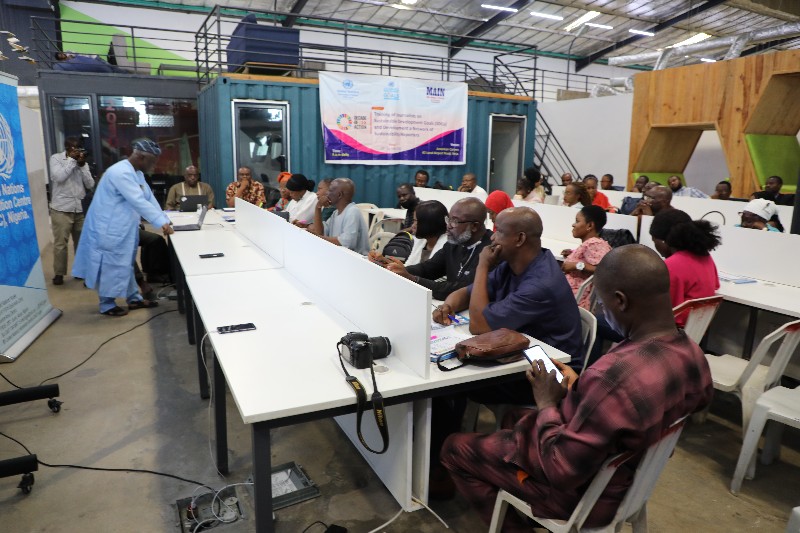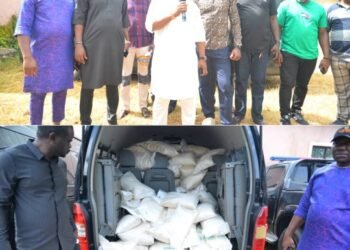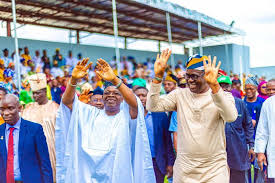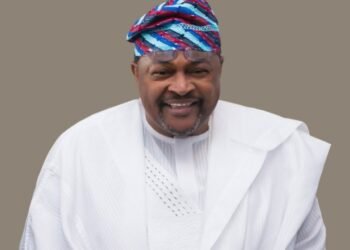UN Trains Journalists on SDGs Reporting
The United Nations (UN), in collaboration with the Media Awareness and Information for All Network (MAIN), during the week, took select journalists through a two-day training on Sustainable Development Goals (SDGs) reporting.
The training programme, held on Tuesday and Wednesday at the United Nations Information Center (UNIC), Ikeja, Lagos, centred on increasing focus on sustainability of the SDGs through news reporting.
The Lagos edition of the training is the fifth, as it has held in Kano, Akwa Ibom, Borno states and the Federal Capital Territory (FCT), while the last one is expected to hold in Enugu State.
Country Director of UNIC, Mr Ronald Kayanja, defined sustainable development as that which can meet the needs of the present generation without compromising the ability of future generations to meet theirs.
He said the media have an important role to play in the realisation of the objectives of SDGs, adding that the active participation of the media would fast-track the achievement of the 17 SDGs.
According to Kayanja, the media is central to the initiation, execution and public support of any policy and programme of development.
He said the importance of communication and the media has made it imperative to train, equip and deploy an informed media to achieve SDGs had become imperative.
“To be able to achieve SDGs, we need knowledge and information. There are specific national and regional issues that should be taken on board when discussing the goals in different countries.
“One of the roles of the media is to enable the public to make sense of global change and how this is affecting them.
“The media should also demand accountability from governments at all levels, on progress with the implementation of commitments to sustainability both nationally and locally,” he said.
Chairman of MAIN, Professor Lai Oso, said in every contemporary society, the mass media has become the main institution of knowledge creation and meaning making.
He said the media structured perceptions and sense of social reality, adding: “The point is that any issue that does not register in the media space may not attract the required attention.
“Also, the way an issue is presented in the media influences public perception, attitude and knowledge, and sometimes policy decisions.”
According to Oso, the main focus of sustainability journalism includes reporting SDGs, based on knowledge and understanding, fostering dialogue towards finding solutions to problems, among others.
According to him, sustainability journalism recognised the challenges in implementing SDGs and focused attention of empowering the people in highlighting solutions and how to accomplish such.
“Sustainability journalism is similar to solution journalism, development journalism, civic journalism and constructive journalism.
“These forms of journalism believe in using journalism to serve the people and giving voice to the lower class or status social groups.
“These forms of journalism do not dwell on just the negative but put emphasis on solutions and collective action of the people to problem solving,” Oso said.
He urged the media to explore the connections within the context of the three pillars of sustainability, including environmental, economic and social sustainability.

































